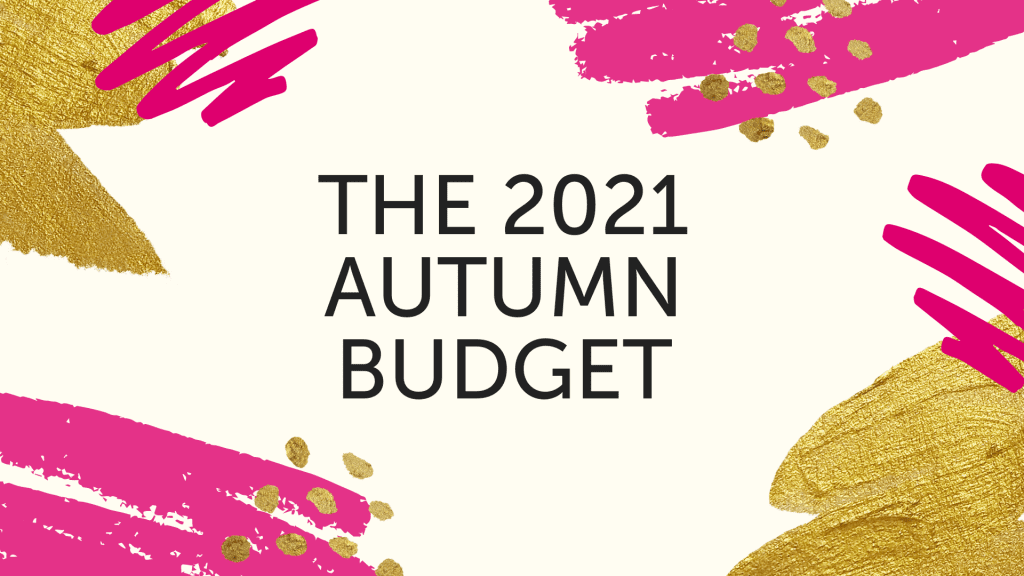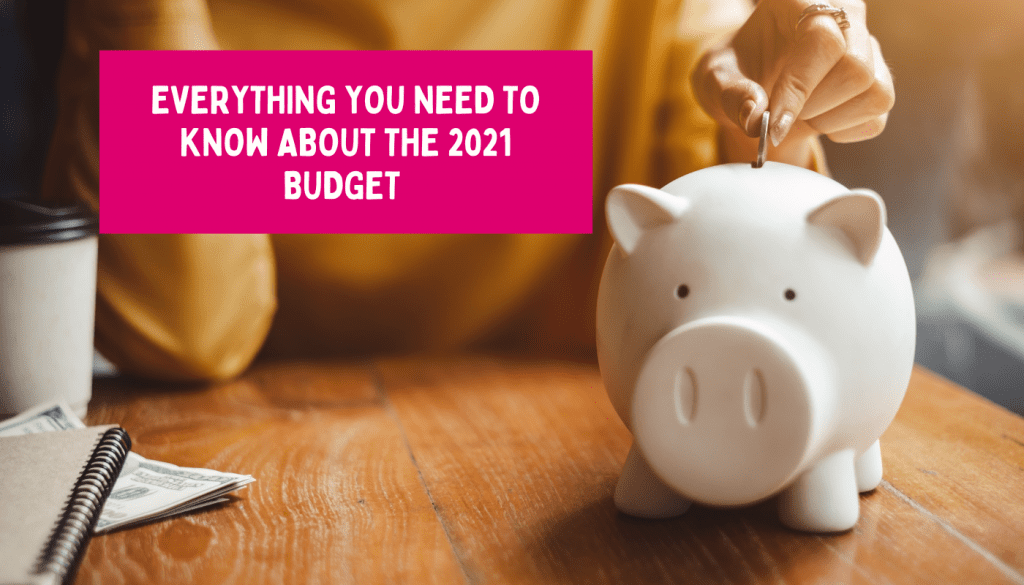
Small business owners hopes for some crumbs of comfort from the chancellor in his budget and autumn statement were dashed. The triple hit on small businesses coming from April 2022 is still very much happening.

Small business owners hopes for some crumbs of comfort from the chancellor in his budget and autumn statement were dashed. The triple hit on small businesses coming from April 2022 is still very much happening.

The UK budget took place on the 3rd of March 2021. Since then we have been getting more information through…

For the last 12 months the chancellor has been pouring money to support the UK economy through the COVID-19 pandemic….

We spent a large part of yesterday afternoon listening and reflecting on the budget update from the chancellor. In this…

POSSIBLE CHANGES TO CGT PRIVATE RESIDENCE RELIEF The government is currently consulting on important changes to private residence relief that…